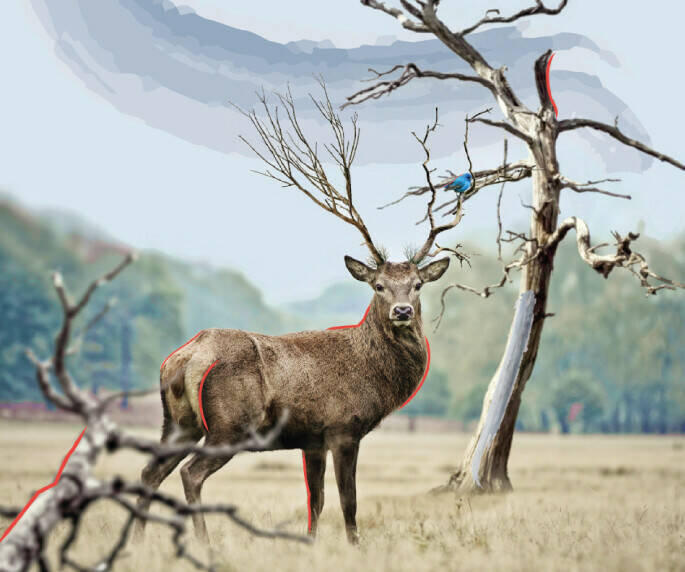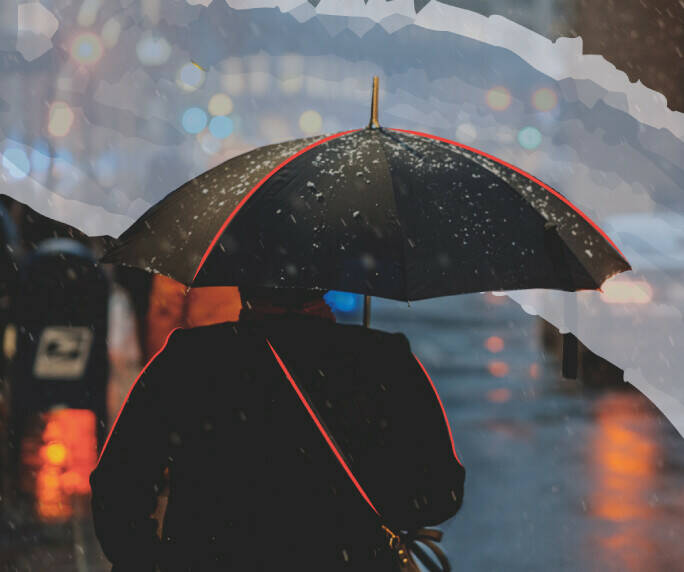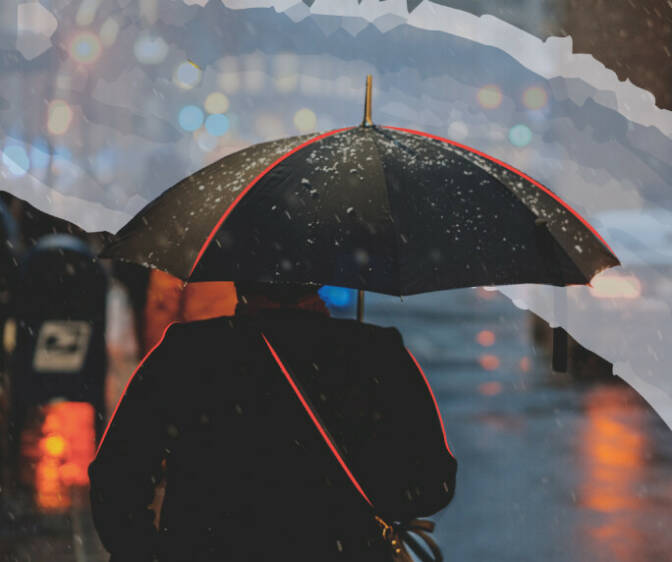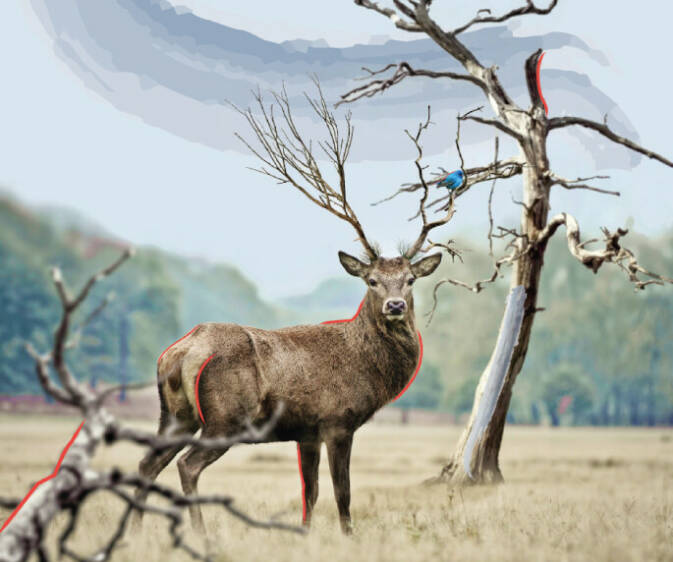If your bath is about to overfill, you don’t flood your bathroom and cause damage. You need to make a decision: turn the taps down (reduce emissions) or drain the water (remove carbon). Even better, you could do both at the same time. If we do nothing, we’re heading into a future with irreversible damage to our climate, with possible global impacts including refugee crises, submerged cities, scorching heatwaves and extinction.
Let's be clear on the challenge...
The challenge


The climate crisis
The biodiversity crisis
The challenge
If your bath is about to overfill, you don’t flood your bathroom and cause damage. You need to make a decision: turn the taps down (reduce emissions) or drain the water (remove carbon). Even better, you could do both at the same time.
If we do nothing, we’re heading into a future with irreversible damage to our climate, with possible global impacts including refugee crises, submerged cities, scorching heatwaves and extinction.
Let's be clear on the challenge...
At the 2015 UN climate change conference, 188 countries made a deal to limit the increase of the earth’s temperature to 1.5oC, and work together for the sake of humanity’s future.
The contract limits greenhouse gases released by human activity to the same levels that nature can absorb naturally, by 2050 (if not sooner). Significantly, rich countries must also help poorer nations by providing ‘climate finance’ so they can adapt and switch to renewable energy.
The climate crisis
Biodiversity is the bond between all organisms on earth. Every animal, plant and mineral play a role that connects us all together. But we are destroying habitats faster than we are restoring them and using 25% more natural resources than nature can sustain.
We must all act today to save, protect and improve biodiversity. New policies and laws are being put in place to guide us, but communities need to come together to create a sustainable world that benefits nature and humanity.
The biodiversity crisis


